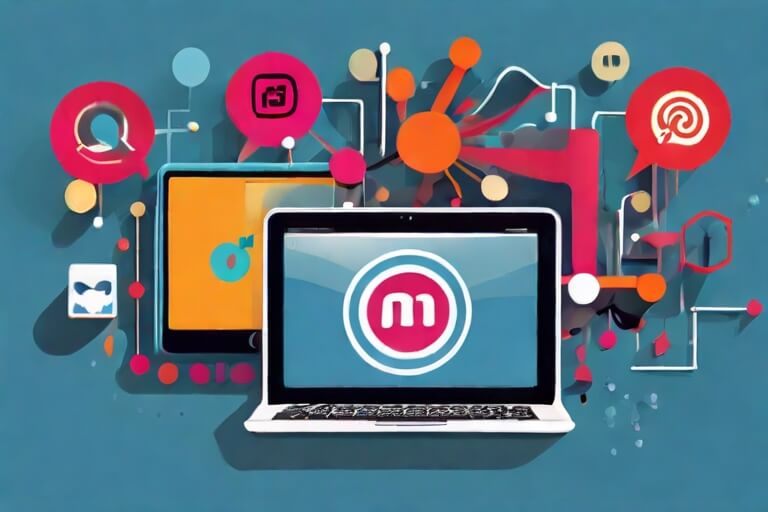Predictive Content Scheduling: Optimizing Social Media Posts with AI

Artificial Intelligence (AI) has revolutionized various industries, and its impact on social media marketing cannot be overstated. As social media continues to evolve, businesses are constantly seeking innovative ways to effectively engage with their target audience and drive conversions. With the help of AI, companies can now gain valuable insights, automate processes, and optimize their social media strategies to achieve remarkable results.
One of the key roles of AI in social media marketing is data analysis. AI-powered tools can analyze vast amounts of user data and generate actionable insights, allowing marketers to understand their audience better and tailor their content accordingly. These tools can help identify trends, preferences, and behaviors, enabling businesses to create personalized and targeted campaigns. Additionally, AI algorithms can monitor and track social media conversations in real-time, allowing companies to promptly respond to customer feedback, address concerns, and build stronger relationships with their audience.
With AI-powered tools, businesses can also automate various aspects of their social media marketing efforts. Chatbots and virtual assistants, for instance, can interact with customers, answer inquiries, and provide personalized recommendations, saving time and resources. Moreover, AI algorithms can analyze engagement metrics, such as likes, comments, and shares, to optimize social media content and ensure maximum reach and impact. By leveraging AI technologies, businesses have the potential to improve efficiency, enhance customer experiences, and gain a competitive edge in the dynamic world of social media marketing.



